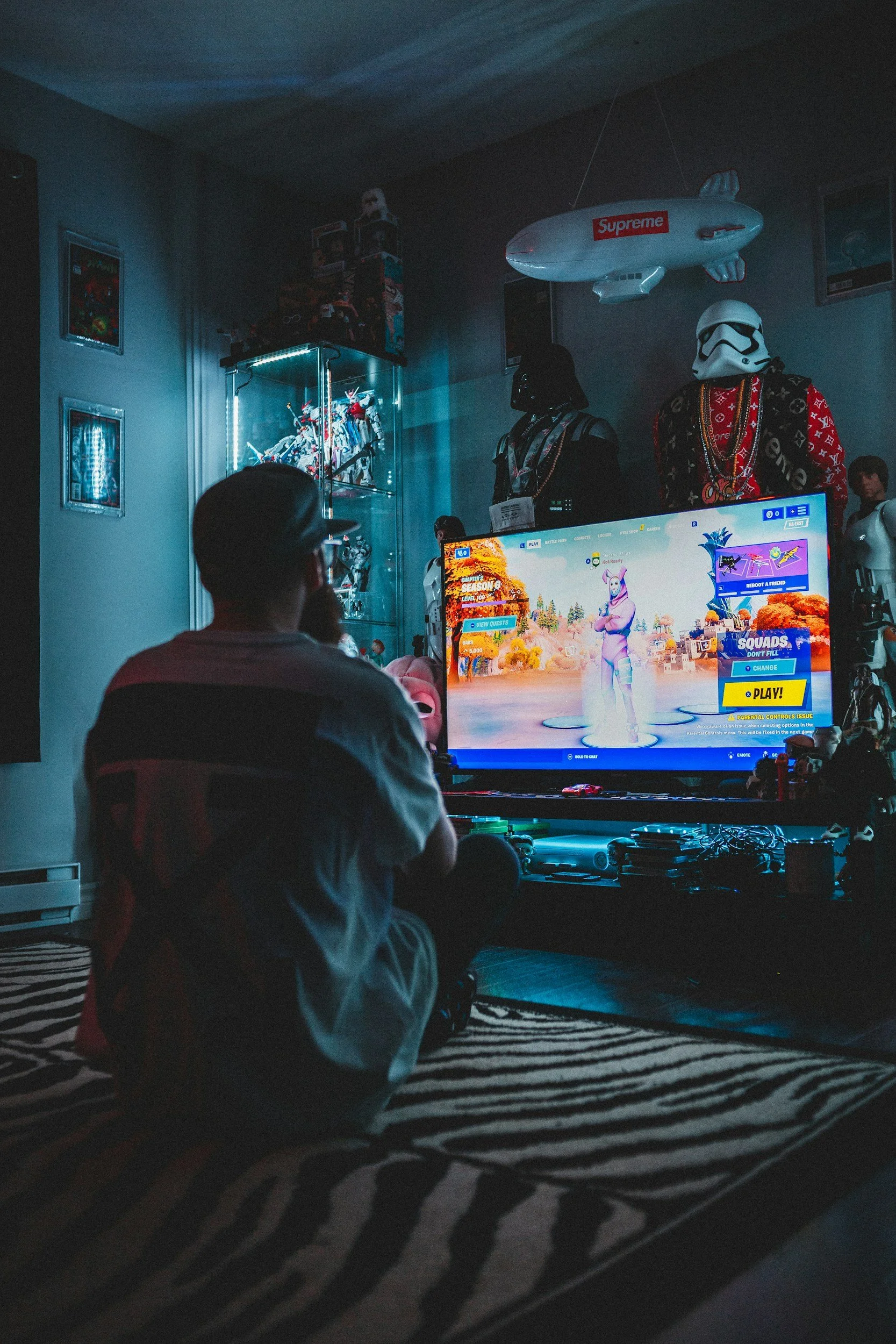Why Is My Teenage Son Struggling?
As a parent, there’s nothing more heartbreaking than watching your teenage son struggle and not knowing how to help. You may see signs—withdrawal, anger, anxiety, poor academic performance, or a sudden change in friends or interests—and wonder, What happened to my child? If you’re feeling overwhelmed, you’re not alone.
Adolescence is a complex and often turbulent stage of life. Understanding the challenges your teenage son may be facing is the first step toward effectively supporting him.
1. The Pressure to “Be a Man”
Many boys grow up with subtle and not-so-subtle messages about masculinity. They’re told—directly or indirectly—to “toughen up,” “don’t cry,” or “man up.” These expectations can make it difficult for them to express vulnerability or reach out when they’re in emotional pain. As a result, their struggles might show up as anger, isolation, or risk-taking behavior instead of tears or conversations.
2. Mental Health Challenges Are Real
Depression, anxiety, ADHD, and other mental health conditions often emerge during the teen years. However, boys are frequently underdiagnosed because their symptoms may look different—more irritability than sadness, more acting out than shutting down. Without proper recognition and support, these issues can deepen over time.
3. Academic and Social Pressures
Today’s teens are under immense pressure—from school, sports, social media, and peers. They’re expected to perform well academically, fit in socially, and plan for the future, all while figuring out who they are. Some boys feel lost in this whirlwind, especially if they struggle to meet external expectations or lack a clear sense of identity.
4. The Role of Gaming in Teen Struggles
Gaming has become a huge part of many teenage boys’ lives—and while it can offer fun, connection, and even stress relief, it can also become a way of escaping from real-life problems. For some teens, gaming becomes a substitute for social interaction, a retreat from anxiety, or a way to avoid responsibilities.
When gaming takes up hours every day, it can interfere with sleep, schoolwork, physical health, and emotional development. It can also strain relationships with parents and siblings. In some cases, excessive gaming may mask deeper issues like depression or social anxiety.
That said, gaming in moderation isn’t inherently harmful. The key is balance—and understanding what your son might be avoiding or coping with through screen time.
5. The Power of Physical Activity
Exercise is one of the most effective and natural tools we have for supporting both mental and physical health. For teenage boys, regular movement can help reduce symptoms of depression and anxiety, improve sleep, boost self-esteem, and regulate mood.
Whether it’s team sports, martial arts, skateboarding, running, biking, or just going for a walk or hike outdoors, physical activity provides a healthy outlet for stress and energy. It can also foster a sense of achievement, social connection, and routine—especially important during a time when many teens feel lost or disconnected.
Even better, consider joining your son in some of these activities. A short evening walk, a weekend hike, a casual bike ride, or even just kicking a ball around can open the door to natural conversation and connection. You don’t need to be athletic—just present. Moving together not only supports his mental health, but strengthens your relationship and sets an example of healthy coping.
Encouraging your son to move his body regularly isn't about pushing him into a sport he doesn’t enjoy—it’s about helping him find an activity that he wants to do, and being willing to do it with him when you can. That can make all the difference.
6. Lack of Emotional Outlets
Many teenage boys don’t have safe spaces where they feel comfortable opening up. They might not talk to friends about their feelings, and they may feel awkward or embarrassed talking to parents. This emotional bottling can lead to feelings of loneliness, resentment, or explosive outbursts.
7. Changing Brain, Changing Body
Adolescence is a time of massive brain development and hormonal changes. These biological shifts affect decision-making, impulse control, and emotional regulation. It’s not just “attitude”—it’s chemistry and wiring, too. Understanding this doesn’t excuse difficult behavior, but it can help reframe it.
What You Can Do as a Parent
Be Present and Open
Let your son know you’re there—without pressure, judgment, or lectures. Often, teens open up when they feel safe and not cornered.Listen More Than You Speak
Resist the urge to fix everything right away. Sometimes, they just need to be heard.Create Opportunities for Connection
Casual settings—like driving, walking, or doing an activity together—can make it easier for teens to talk.Monitor and Guide Screen Use
Talk openly about gaming habits. Set clear boundaries while also showing interest in what he plays and why. Sometimes, understanding the “why” behind gaming is the key to reconnecting.Encourage Physical Activity
Help your son find movement he enjoys, and make it a regular part of his routine. Better yet, join him when you can—exercise together can build both strength and connection.Don’t Be Afraid to Seek Help
Therapy or counselling can be a lifeline. A neutral adult can provide a safe space for your son to explore his feelings.Model Emotional Honesty
Show that emotions are normal and manageable. Share your own struggles when appropriate to normalise open conversations.
Final Thoughts
If your teenage son struggles, it doesn’t mean you’ve failed as a parent. These years are hard for teens and for those who love them. But with patience, empathy, and the right support, your son can move through this phase stronger and more self-aware. Keep showing up. Keep asking questions. And keep believing that change is possible.

